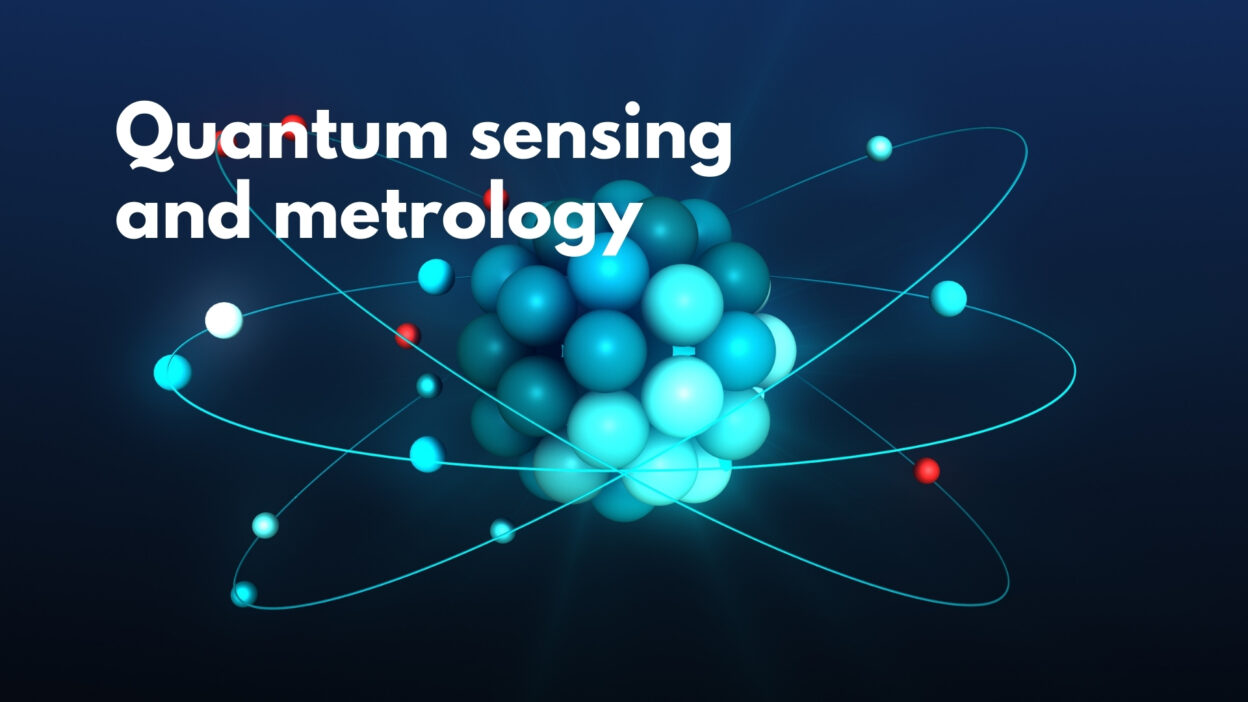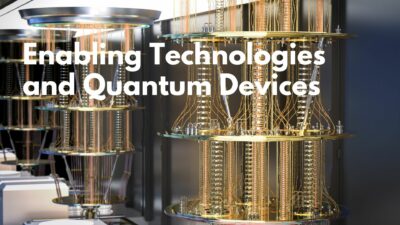NIST researchers played a crucial role in calibrating LIGO’s gravitational wave detectors, enabling the historic 2015 detection of ripples in spacetime. The team used advanced laser power calibration techniques, including calorimeters and radiometers, to measure displacements as small as one ten-thousandth the diameter of a proton.
NIST’s work involved two main calibration methods:
1. Calorimeters measure total energy by heating a carbon-coated vessel and equating laser power to electrical energy
2. Radiometers use carbon nanotubes to measure radiation intensity with higher precision and shorter measurement times
The improved calibration techniques reduced uncertainty in laser power measurements from 0.6% to 0.16%, enabling more accurate extraction of critical information about gravitational wave sources. NIST and international partners like PTB in Germany plan to further refine these methods for future LIGO observing runs, advancing our understanding of cosmic events.
Keywords: Metrology, Calibration, Radiometer, Carbon nanotubes, Laser power


